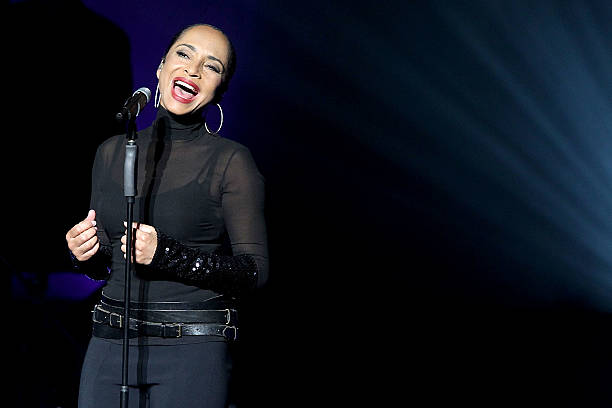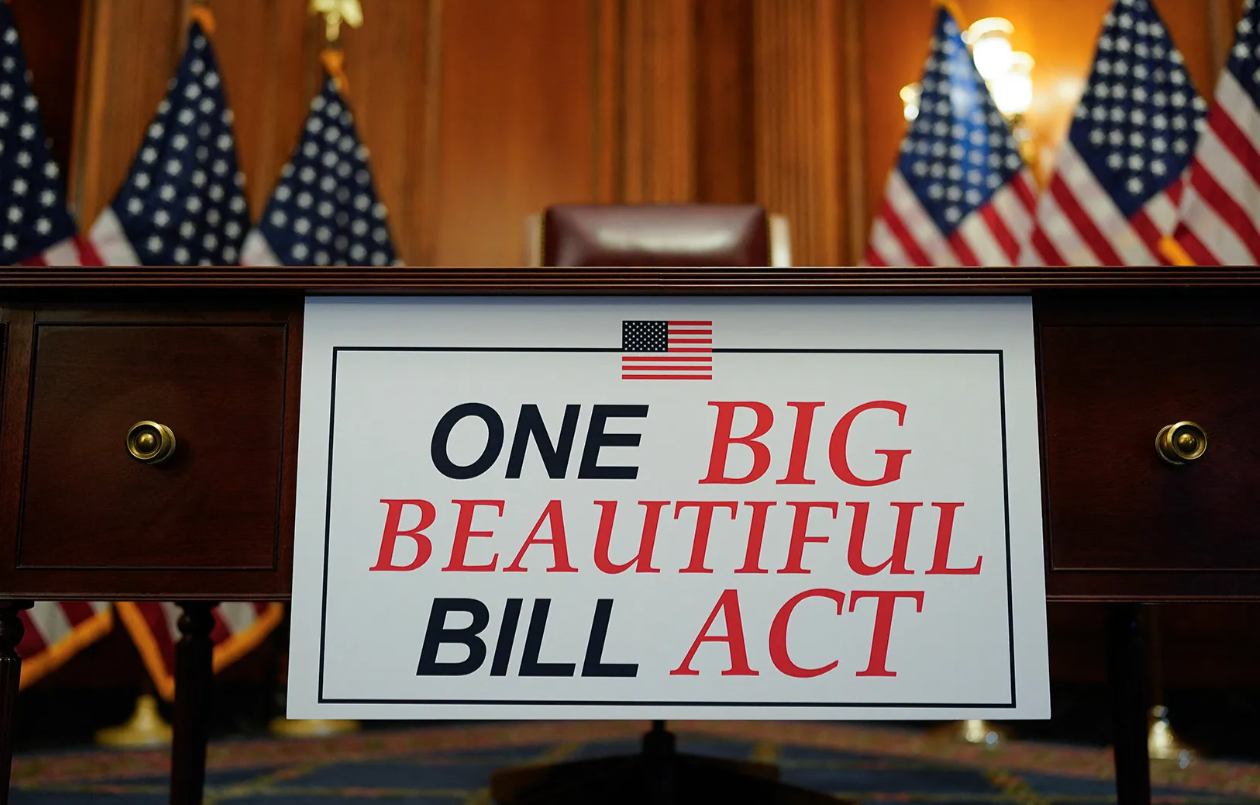(ThyBlackMan.com) If you don’t think that the mass incarceration epidemic affects you, you might want to think again.
When I met with Min. Louis Farrakhan for several hours in a private meeting to discuss our upcoming forum at The University of Illinois at Chicago, one of the topics that came up was the mass incarceration crisis and how it has served to destroy the black family in America.
Nearly every conservative on the planet loves to tell black people that our problems would go away if would simply choose to get married. What they forget to mention is that the primary reason for the decline in marital rates is, according to numerous studies, directly linked to the fact that the US government created a set of Draconian drug laws in the 1980s that literally sucked tens of thousands of black men out of the community. It’s hard to get married if there are far fewer men than before.
In a very compelling article, The Economist magazine stepped away from its standard delivery of international political updates to dig deeply into the experience of the African American woman. In the article, economists analyze dating for black women as a market, where men and women enter the market to search for a suitable mate. My PhD is in Finance, which is a sister field to Economics. So, I am in agreement that one can think of dating as a market, similar to a grocery store, stock market or a labor market. When one side of the market is out of balance, it can cause the entire ecosystem to collapse into dysfunction.
Economics. So, I am in agreement that one can think of dating as a market, similar to a grocery store, stock market or a labor market. When one side of the market is out of balance, it can cause the entire ecosystem to collapse into dysfunction.
The author starts off with a simple example to help make his point. He says “IMAGINE that the world consists of 20 men and 20 women, all of them heterosexual and in search of a mate. Since the numbers are even, everyone can find a partner. But what happens if you take away one man?”
Then, citing the work of Tim Harford, an economist in England, the author says that because one out of the 20 women faces the possibility of never finding a husband, she tries harder to get a man, perhaps by dressing more seductively or doing things the other women might not do. She may even steal a man from someone else. This then affects what other women do to find and keep their own men, and also the behavior of the men themselves. Anyone who has observed black dating over the last 20 years knows that standards have changed dramatically in the competition for men…even hip-hop artists are allowed to say things today about women that would have been unthinkable just a few years ago. The idea of respecting black women has become as out-of-style as eight-track tapes and biker shorts.
The example used by Harford describes, to some, the challenges that black women face in the age of mass incarceration. In the United States, one in nine black men between the ages of 20 and 29 is in jail or prison. Not only are currently incarcerated men typically ineligible for women to date, many women avoid dating ex-convicts at all. In the US, those who’ve been formerly incarcerated have difficulty finding jobs, and some may have been infected with venereal diseases as a result of prison r@pe or other forms of abuse resulting from their time in prison. Scientists have linked the spread of s*xually transmitted disease within the black community back to prisons and jails.
The author says that the explosion in incarceration between 1970 and 2007 can be linked to the fact that the proportion of married African American women dropped from 62% to 33% over the same time period. Two scholars cited in the article, Kerwin Kofi Charles and Ming Ching, also agree that prison has played a huge role in the drop in marital rates for black women. Their analysis determined that a one percentage point increase in the incarceration rate resulted in a 2.4 percent decline in the proportion of black women who get married.
According to the analysis, less-educated black women suffer the most in the social asymmetry that has occurred over the last 40 years. When I hear from working-class black women in cities like Chicago, it honestly sounds like nearly every woman I speak with is dating a felon or has dated one in the past. Those who think that the incarceration problem only affects criminals or people who make poor decisions should realize that all of us break the law at some point in our lives, and it’s only the strictness with which the law is applied that determines whether or not we go to prison for our offenses.
As of 2007, the Pew Research Center says that only 11% of black women aged 30 – 44 without a high school diploma had a spouse with a job. But although less-educated women are getting the shortest end of the stick, things are not so easy for educated women either.
“I thought I was a catch,” a black female doctor told The Economist. “It’s like, what are you going to do extra, to get his attention?”
Nearly everyone has something to say about this imbalance between men and women in the African American community. Even the comedian Steve Harvey encourages women to “think like men” in order to get what they want. I personally don’t find Harvey’s approach to be appealing, since the last thing I’d want to date is a woman who thinks like a man. Also, the implication that relationship warfare should be conquered with more warfare just leads to an even greater mess than the one we have already. Love should not be about war, winning or any kind of competition; you can’t find true love if you are always prepared for war.
With that said, a few things can be done to help deal with the breakdown of black families in the age of mass incarceration. First, our own relationships should be analyzed and managed on a micro level. The deep dysfunction of the African American family requires careful reflection on the things that keep us from loving one another properly.
Reading books written by certified relationship experts who scientifically study this problem for a living can go a long way in helping all of us to understand the day-to-day decisions and care necessary to make our relationships work. Many black men and women suffer serious psychological scars from their own anger toward a parent who may not have done their job properly. When we bring this anger into our relationships, we can end up destroying one situation after another without even realizing what we’re doing. As my friend Terrie Williams, author of ‘Black Pain,’ likes to say, “Hurt people, hurt people,” and black folks are pretty good at hurting one another.
The second thing we must do is address the broader macro-political roots of this problem. The issue of mass incarceration of African American men affects us all, not just black men. These men are our sons, fathers, brothers and (for black women) potential husbands. We must all demand that our political leaders (starting with the Congressional Black Caucus, President Obama and Attorney General Eric Holder) find ways to acknowledge this issue and help us to create solutions to the fact that so many men are being sent away for decades without any hope of returning to their families in a healthy way.
Even if draconian sentencing is not done away with, prisons can be a place of rehabilitation and opportunities to create a better life for the children you’ve left behind. Keeping these men out of the job market and making them political non-entities long after they’ve done their time speaks to a larger, more insidious effort to destroy the African American family either via apathy, racism or devious financial incentives.
When Minister Farrakhan and I gather for our forum on “Wealth, Education, Family and Community” this month, mass incarceration will be at the forefront of the discussion. As I mentioned recently, prisons have become the new slave ships of America, and recent studies have shown that the black family is worse off today than it was 30 years ago. We are not just worse off for what white America has done to us, we are also worse off because many of us do not care. If we want a better future for our children, it’s time that we wake up and smell the coffee: Racism is alive and well in America, and we must fight it as a family.
Staff Writer; Dr. Boyce Watkins
Dr. Boyce Watkins is the founder of the Your Black World Coalition. For more information, please visit http://BoyceWatkins.com.

















You folks missed a key point here: How about pushing anti-drug programs instead of just saying there is a big conspiracy? So are you saying that drug-folk should not be punished? Okay, fine. So then they would be free to marry. What kind of woman in her right mind wants to marry a drug freak? What kind of formula for success is that???
Not every black woman is wife material no matter what she has achieved.
Dr. Watkins, you miss a couple of key points and I am not sure if the economist delved into interracial relationships as an expansion of market opportunities for Black females. If we use as a proxy for interracial dating the interracial marriage rate, then we can see, according to a pew report, that Black women, of all major ethnic group women, date outside of their race less by far.
As a result, you have a market that is self-limited for Black women while Black men show no such market constraints. As a result you have what is referenced in this article is hyper competitiveness for the Black man, by Black women, which leads to a reduction in standards, relationship mismatch, etc.
I think the article is partially right but the negative changes in male/female behavior is minimized here. The way black men and women acted and behavior is atrocious. Let’s face it it is now the norm for most black teenagers to have babies while still in high school. No other group practices this in such high numbers than black folks. Babies having babies is no way for any group to progress and it doesn’t get any better for adults in the 20s and 30s since most of them still act and think like teens.
What is sad, the same thing is going on in Canada where I live, France, etc. It is clear to me that there is a conspiracy against us in the Western culture!!!